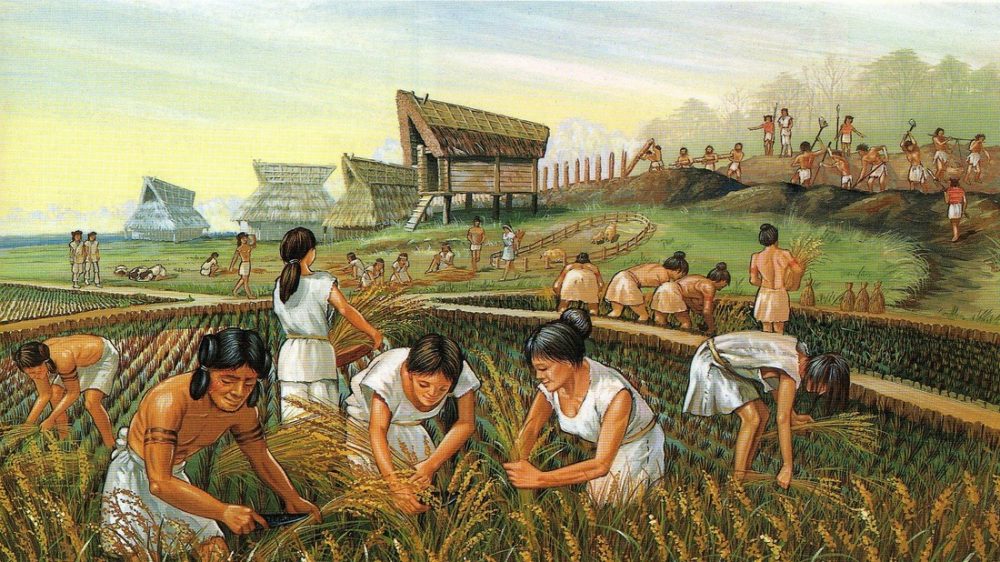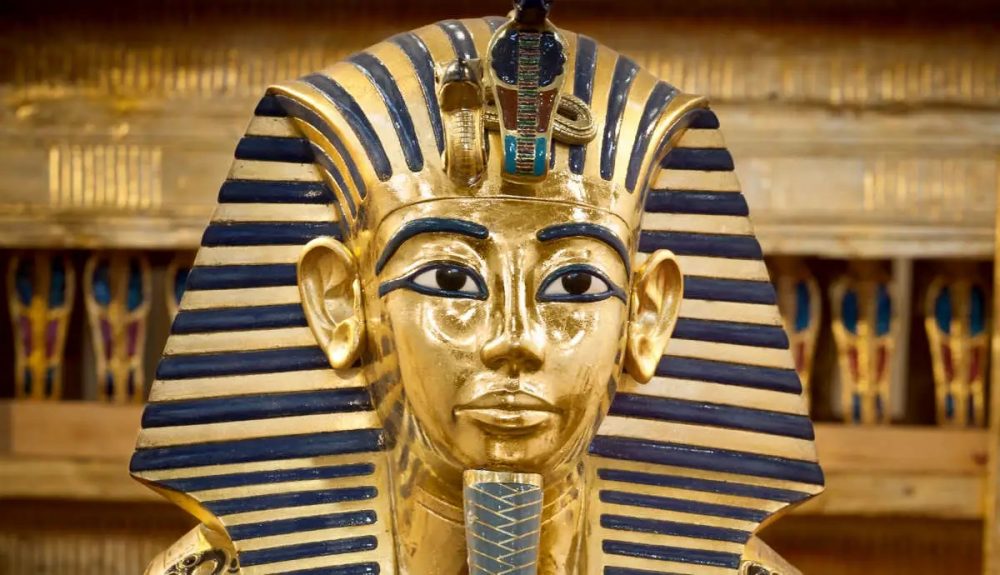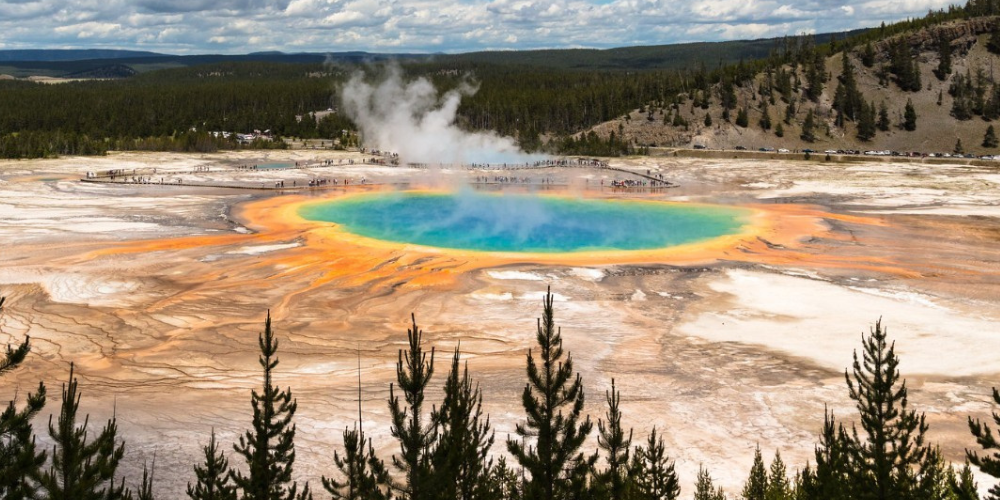Since the emergence of human civilization, humans have been changing the natural environment around them. They have altered the landscape, diverted rivers, and created new land masses.
While the extent of these changes has varied over time and by region, there is evidence that humans have been altering the Earth's surface for thousands of years. Let's explore the history of human impact on the environment, from ancient civilizations to the modern era.
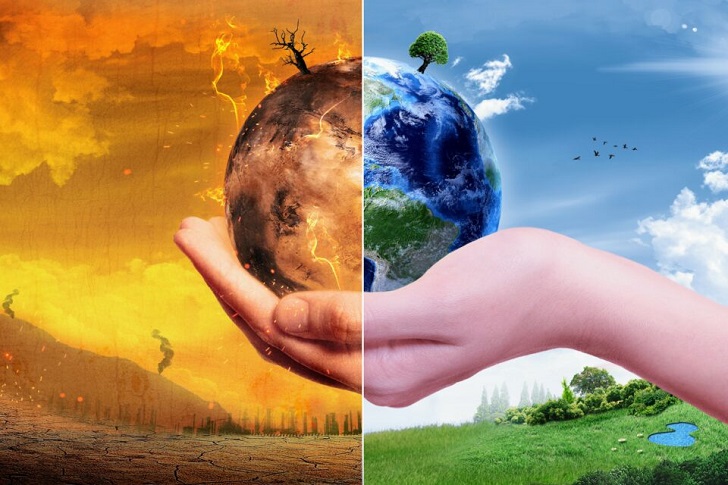
Andrei Ionescu/ iStock | With a radius of 3,959 miles, Earth is the fifth largest planet in our solar system
Early Agriculture and Deforestation
The earliest human impact on the environment dates back to the Neolithic era, around 12,000 years ago. During this time, humans began to domesticate plants and animals, which led to the development of agriculture.
This required clearing land for crops, which led to deforestation and soil erosion. The expansion of agriculture also led to the construction of irrigation systems, which diverted water from rivers and lakes to crops.
Civilizations of the Ancient World
As human civilizations began to develop, they continued to alter the environment. The ancient Greeks and Romans constructed aqueducts, which carried water from distant sources to cities for drinking, bathing, and irrigation. They also created complex systems of roads and bridges, which allowed for the movement of goods and people across vast distances.
In China, the construction of the Great Wall began around 2,500 years ago. This massive project required the clearing of vast forest areas and the mining of stone and other materials. The wall spans over 13,000 miles and is one of Earth's most significant human-made structures.
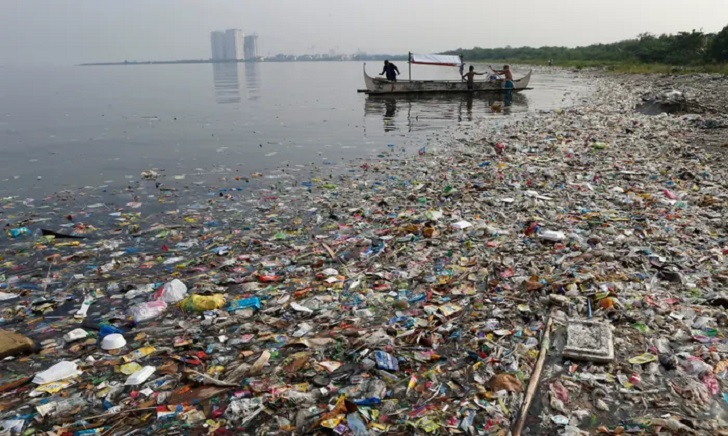
Erik de Castro/ Reuters | For the last two hundred years humankind has caused such a negative footprint on the environment
The Industrial Revolution
The Industrial Revolution, which began in the late 18th century, significantly changed how humans altered the environment. The widespread use of coal and other fossil fuels led to a massive increase in greenhouse gas emissions, which has profoundly impacted the Earth's climate.
The construction of factories and other industrial facilities also led to air and water pollution and the destruction of natural habitats.
Urbanization and Infrastructure Development
The growth of cities and the development of infrastructure has significantly impacted the environment. The construction of roads, bridges, and other transportation infrastructure has led to the destruction of natural habitats, the fragmentation of ecosystems, and the pollution of the air and water.
The expansion of cities has also led to the clearing of forests and the conversion of natural landscapes into urban areas.
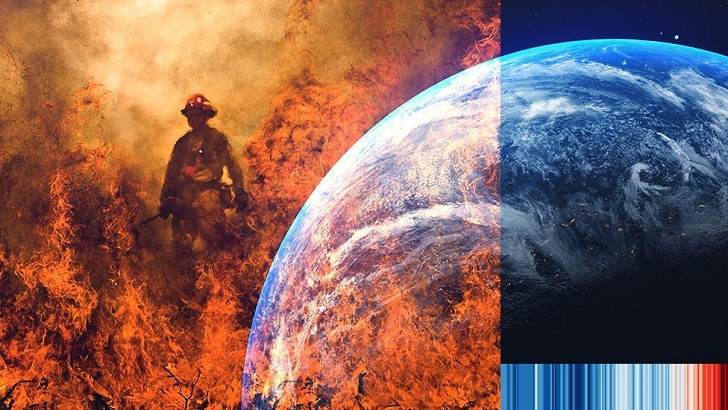
COP26/ BBC | Industrial Revolution was the beginning of significant human impact on the environment and planet
Modern-Day Impacts
Today, human impact on the environment is more significant than ever before. Climate change, caused by the emission of greenhouse gases, profoundly impacts the Earth's ecosystems and weather patterns. Deforestation, overfishing, and the depletion of natural resources threaten the planet's and its inhabitants' health.
However, there is growing awareness of the need to protect the environment and reduce human impact. Many countries have implemented laws and regulations to limit pollution and protect natural habitats. There are also efforts to promote sustainable development, which balances economic growth with environmental protection.


